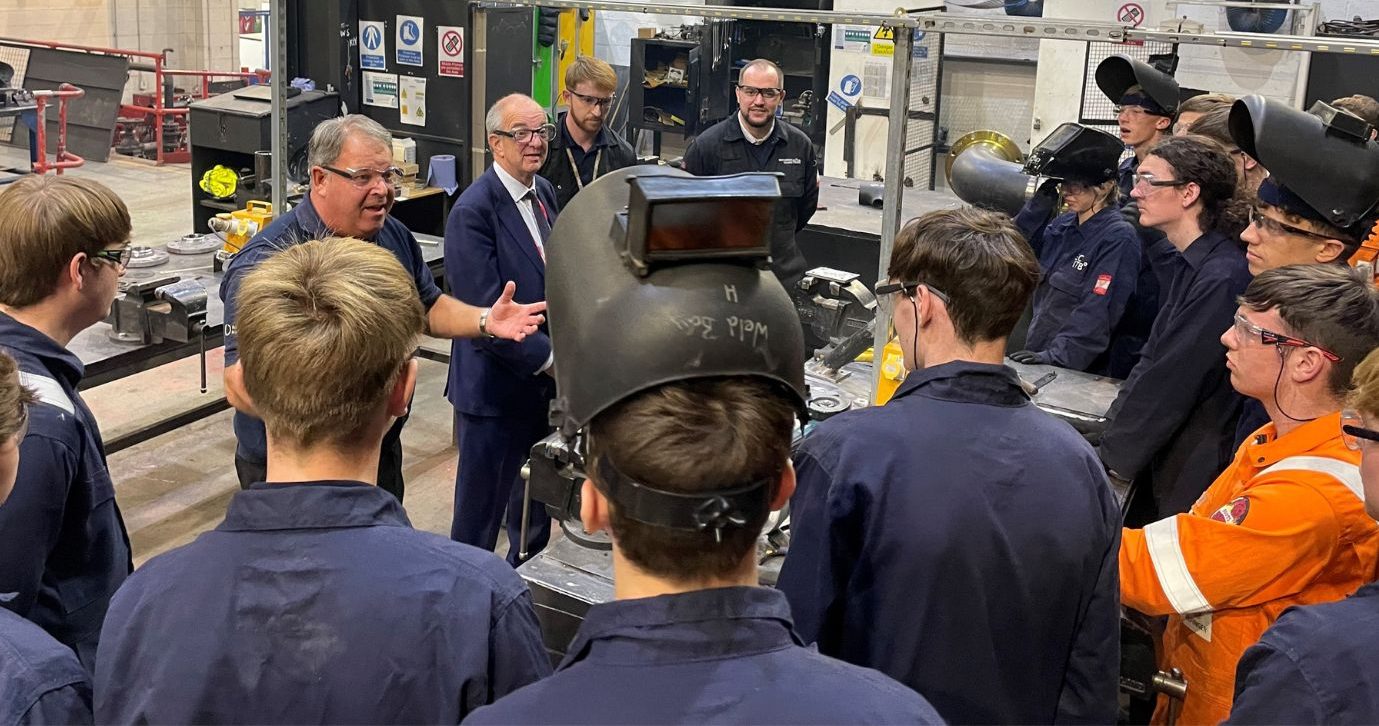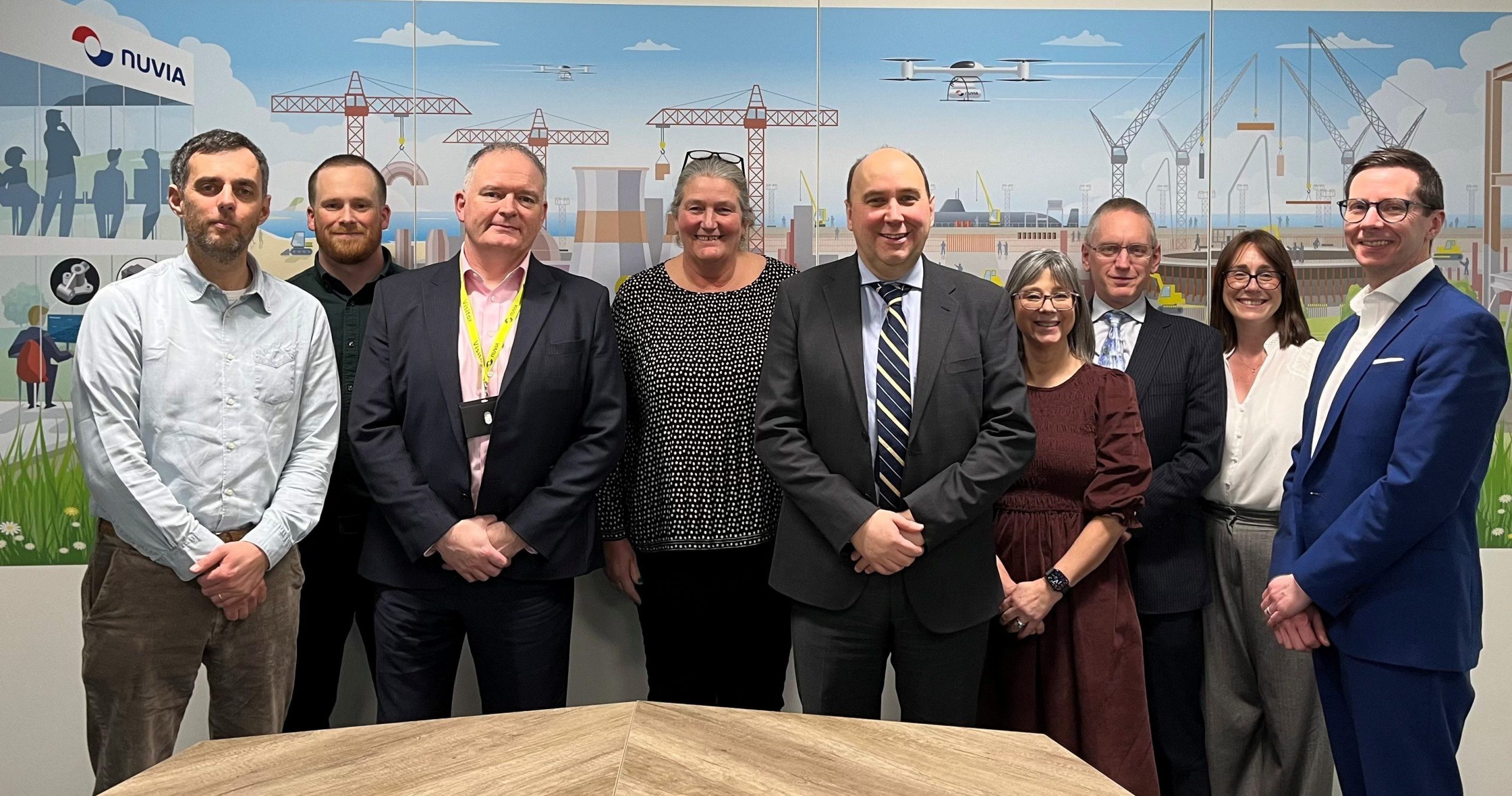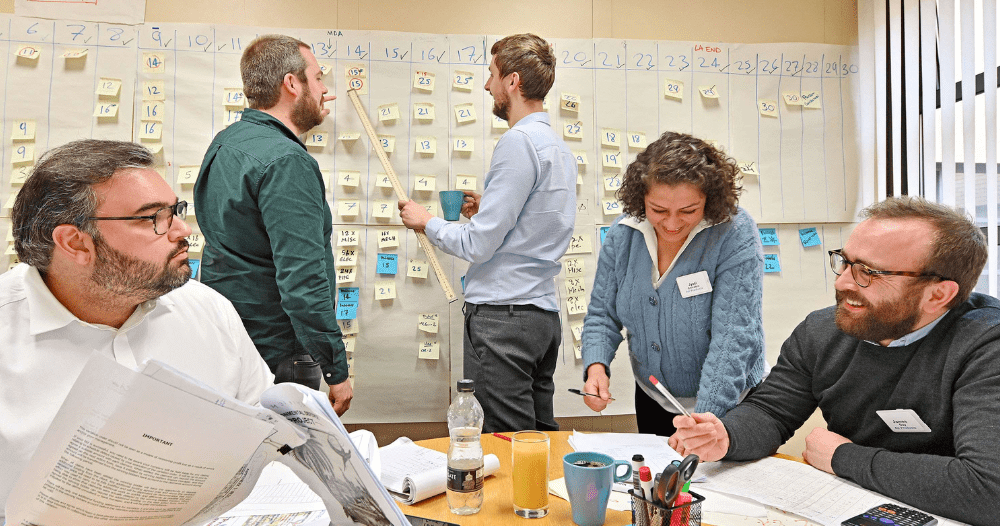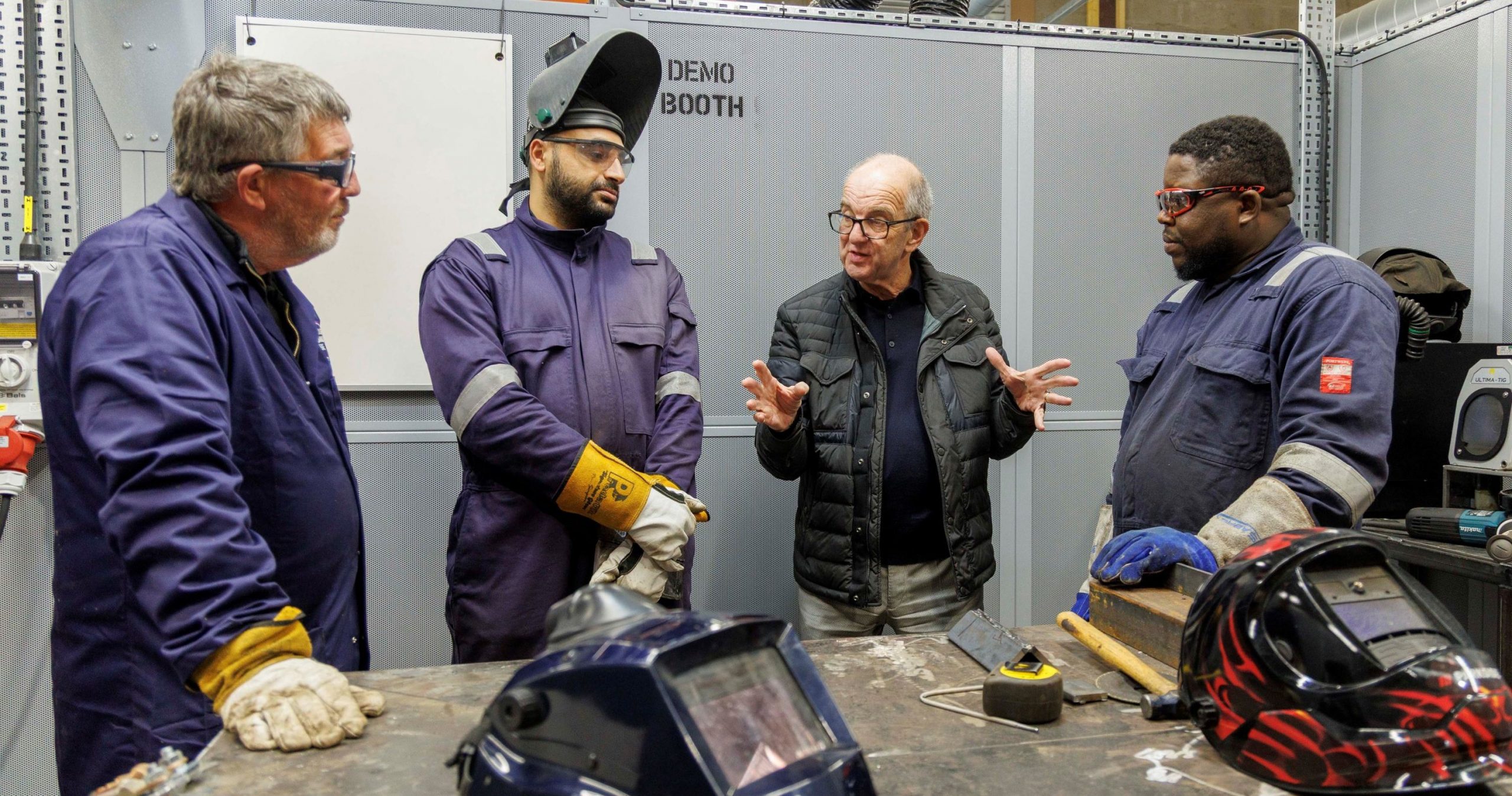In May the ECITB hosted a successful roundtable discussion on T Level Industrial Placements within the engineering construction industry (ECI).
Employers, training providers and representatives from the Department for Education (DfE) came together to explore the opportunities and challenges associated with T Level industry placements specifically for the Engineering and Manufacturing T Levels.
T Levels help young people develop technical and practical skills for the workplace and are designed for learners aged 16 to 19 in England, who have finished their GCSEs. They are broadly equivalent in size to 3 A Levels.
The roundtable highlighted the potential of T Level placements to bridge the skills gap within the ECI. It also highlighted the key challenges, particularly around implementing a placement on safety-critical sites.
David Nash, Director of Strategy and Policy at the ECITB, said: “These sessions are a great way of providing a platform for industry employers to provide direct insight to those who are designing and running programmes. It is about fostering collaboration between industry and government to ensure T Levels are a success for the ECI.
“In addition to the DfE, we had excellent presentations from EDF, Heathrow and WMG on their experiences of running placements.
“It was clear from the numerous comments, questions and positive messages that these sessions are really valued by the industry.”
Engineering construction career pathways
Attendees heard from Elena Wilson, Policy Lead – T Level Industry Placements at the DfE and Abdus Samad, the DfE’s T Level Employer Readiness Manager who highlighted the new delivery approaches for T Levels placements.
Donna Brown, Skills Development Specialist shared EDF’s experiences in taking on T Level placements at Hinkley Point C and Jenny McLaughlin from Heathrow Airport offered a unique perspective on placement implementation within the aviation industry.
Dr Benjamin Silverstone from the University of Warwick brought academic expertise to the discussion and a critical lens to the current T Levels ecosystem.
Following the roundtable, the ECITB will submit an evidence pack to the DfE reflecting the industry’s voice. It will then develop a T Levels Guiding Document for ECI stakeholders to provide clear and concise information and host follow-up knowledge sharing sessions to address any further concerns from employers
T Levels: Did you know?
- T Level students have the flexibility to complete their industry placement over two years. Plus, if they decide to pursue an apprenticeship, that time can count towards their placement requirement.
- A T Level industrial placement needs to last a minimum of 315 working hours (approximately 45 days)
- After completing their studies, 1/3 of T Level students found work with the employer that offered them their industrial placement.
- An industry placement can be completed in 1 block, day release, or a mixture of both.
Find out more on T-levels including the benefits for businesses and how industry placements work





